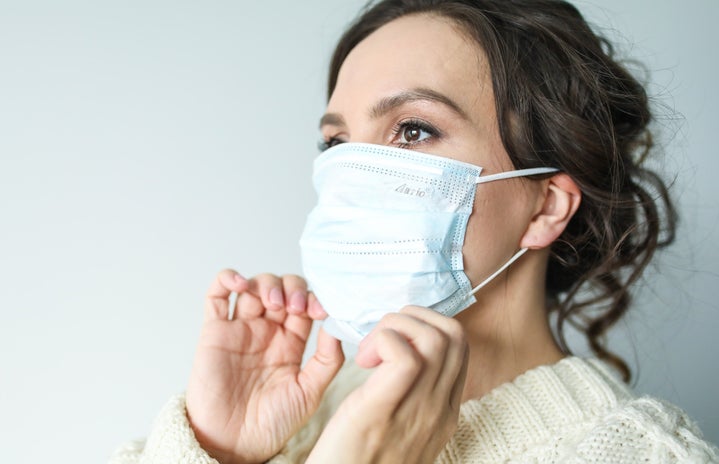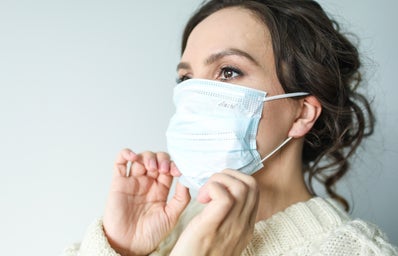A recession is two consecutive quarters of falling Gross Domestic Product (GDP). In the first quarter of 2020 there was a 2.2% decline in GDP followed by a significant 20.4% decline in the second quarter (Wearden, 2020). On August 12th, the UK announced it was officially in recession. The UK’s COVID recession has shown to be the ‘deepest recession’ since 1930’s (Partington, 2020; Chan, 2020).
The UK Coronavirus recession was ten times larger than the Global Financial Crash in 2008. It was also larger than other developed countries and double that of the United States (Dod, 2020).
However, the UK economy has expanded 3 months in a row, in May the UK economy saw a 2.4% increase in GDP due to lockdown measures being eased followed by an 8.7% increase in June and a slower 6.6% increase in July. The slower increase raised concerns about the future pace of GDP growth. These concerns are justified, the economy has begun to flatten out (ONS, 2020).
Why was the UK GDP affected the most? According to Bloomberg the recession is a result of the lockdown, had the lockdown been shorter we could expect GDP growth to have been affected less. An article by the Guardian suggests the UK GDP was affected the most due to the lockdown being significantly later than other countries (The Guardian, 2020).
The economy seems to be recovering. So is the recession really a concern? With the slowdown in growth, or a ‘flat’ economy, a second wave of coronavirus could impact us all severely and slow down recovery further. A second wave of coronavirus, and the new social distancing rules, including the pub and restaurant 10pm curfew is likely to hinder recovery (Sillars, J, 2020). This is especially because since pubs and restaurants were reopened, the accommodations and food service industry grew by 140.8%. The alcohol industry grew by 32.7% (ONS, 2020).
After interviewing participants in London, we found that 79% of participants were likely to visit bars at 10pm therefore with the early curfew we can expect the alcohol industry to take a significant hit.
In August, the ’Eat out to help out’ scheme encouraged consumer spending and therefore GDP. Without the scheme consumer spending has taken a hit (BBC, 2020). This is likely to result in a slow recovery. However, a report by the WEF (2020) states that if a vaccine is available, we can expect global economies to recover from the COVID Recession by late 2022.
The UK has already lost approximately 750,000 jobs during COVID19 (Strauss. and Parker, 2020). An end to the furlough scheme and a slow recovery suggests unemployment levels are likely to increase.
What can I do to be prepared?
1. Don’t freak out.

2. Start Budgeting. This doesn’t mean you stop spending completely, but don’t waste money.

3. Learn how to invest your money.

4. Build up your credit score.

5. Have your emergency fund ready and add to it (more is better).

6. Cancel any subscriptions you don’t use.

7. If you have a lot of things you don’t use or need, sell them online.

8. Keep up to date with all news updates on coronavirus.
9. Be safe, try to work from home where possible.

If you would like to learn more about Economic Indicators, explore the Bloomberg Market Concepts Course which is free for KCL students.
References
BBC News. 2020. Eat Out Scheme Drives Inflation To Five-Year Low. [online] Available at: <“>https://www.bbc.co.uk/news/business-52273988> .
Dod, D., 2020. Coronavirus Business Update: UK Economy Shrinks By A Fifth. [online] Financial Times. Available at: <“>https://www.ons.gov.uk/economy/grossdomesticproductgdp/bulletins/gdpmont….
ONS. 2020. GDP Monthly Estimate, UK – Office For National Statistics. [online] Available at: <“>https://www.theguardian.com/business/2020/aug/12/uk-economy-covid-19-plu….
Sillars, J., 2020. Coronavirus: UK Business Growth ‘Fades’ As Europe Recovery Dented By Pandemic Rules. [online] Sky News. Available at: <




